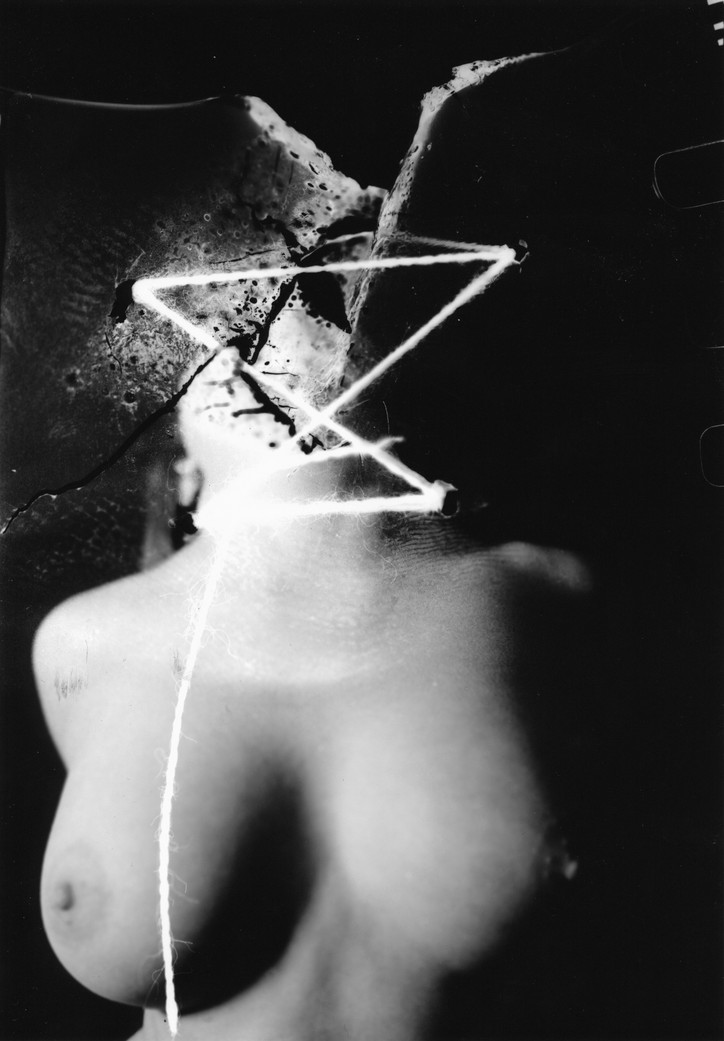
What led you to name your series “Fragility”?
The fragility of human existence, a beautiful concept despite its constant danger, is much like the fragility of a negative. These photographs stand as a reminder that at some point, we will break, but our bodies, no matter how “imperfect” we perceive them to be, are resilient, made to endure such difficulties. Even after sewing, the negative was never restored to its original state—it was still frail. Using a needle and thread to repair the deconstructed negative is a metaphor for our inevitable frailty as humans—it is a reminder that in the end, we are not broken, we are mended.
Are your techniques self-taught or learned from an outside source?
There’s no way I could have googled a lot of this stuff and learned it. I learned as a result of the resources that were available and the amount of time that I spent in the dark experimenting with obstructing my work. It was an escape. My teacher used to forge my mom’s signature and sign me out of class so that I could sit in the darkroom for 8 hours a day. The greatest part about my teacher is that if you fucked up, he would give you more paper, more tools, you wouldn’t get punished for it. He instilled in his practice that the most important thing he could teach students is to take risks. I would come to him with a crazy idea and he would say “do it” and then he would help me get the supplies for it. I felt a lot less free in college. I didn’t take my high school experience for granted because I knew what was going on. It was the only thing I was conscious of–I was obsessed. It was almost a chemical obsession. The smell was intoxicating to me and it made me focus. Especially when you don’t fit in, that chamber of solitude that is the darkroom is like no other.
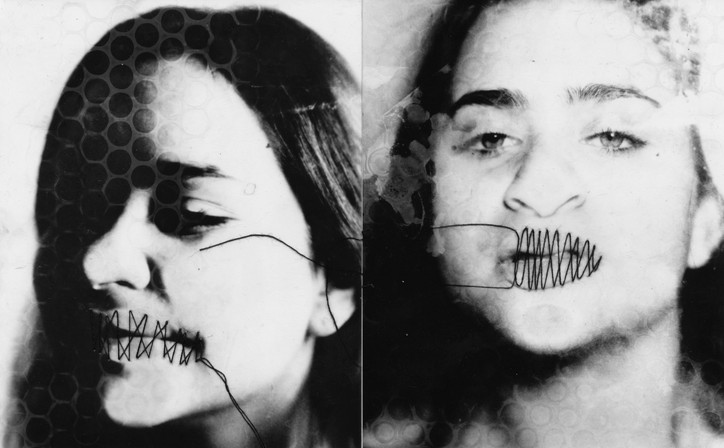
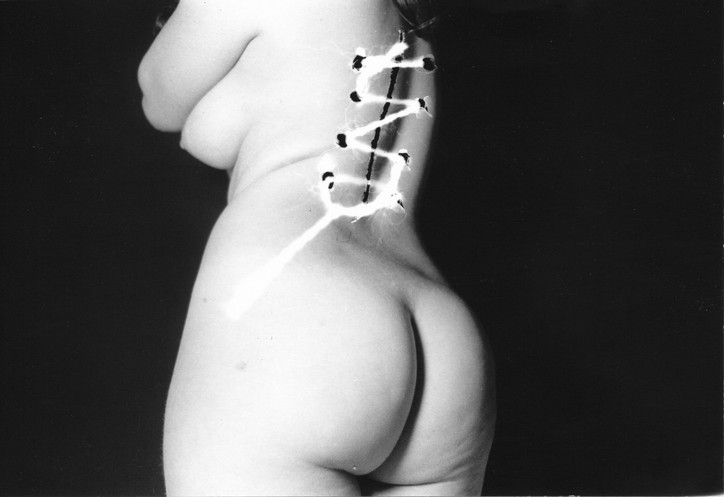
Do you enjoy using social media?
I don’t even feel a pressure to keep up with some type of social media demand because I’m not a machine. I think so much of why we’re overwhelmed with the proliferation of images that we see every day, and why all of these photographers are getting so bored in an over-saturated industry, is the lack of experimentation. From what I’ve observed, many artists today adhere to similarity, rather than seeing what happens when they sit in the literal darkness with a completely blank slate that is the human mind. I just want people to see an image as a work of art, because that’s how I see it.
What’s the last book you read?
I re-read The Doors of Perception by Aldous Huxley all of the time. My favorite quote is, “A rose is a rose is a rose. But these chair legs were chair legs were St. Michael and all angels.” To me, it means that everything is everything, its all intertwined.
What’s the most integral aspect of your practice?
Smoking weed.
Digital or analog?
Analog. You’re creating things and you’re creating yourself in a tangible form. I didn’t realize it back then but all of my shit looked a certain way because it was made by my hand. And sometimes I have a hard time reproducing that digitally. Or I feel like it’s not mine because my hand hasn’t touched it. In a darkroom, you spend so much time and due diligence: you might use ten strips of paper trying to get the right exposure enlarging it. You spend so much time on one image it really is a work of art. It’s like magic when I enter that realm of childlike curiosity and experimentation. I could plan for hours and while in the darkroom I could knock something over and “BAM!” I fuck it up enough just to make it perfect. That gave me such a moment of clarity and I shed an ego as an artist in finding such interest and fascination with the things that didn’t go right. This is the whole point of art: when you’re looking at these ideas they’re not frivolous–they actually have to do with your own psyche and what’s subconsciously going on in your life. For me that was my struggle with not feeling perfect. I look up to other artists who emulate that, like Driely Carter, Joel-Peter Witkin, Sally Mann or people that really enjoy the imperfections that come with silver gelatin and silver nitrate. It is so different form digital in that way. You chemically have captured time. You might not even understand what time is, but you just chemically captured it, and practically no two prints are going to be the same. That’s the beauty of analog nature of darkroom photography.
Is your process as important as the final outcome?
I’m very introspective, and in the context of this series, I’m thinking about what these bodies and faces mean to me and what they can mean to other people. I really over analyze everything during the process, and how the process intertwines with the medium and how the process intertwines with the final piece. If there’s anything I’ve really been trying to meditate on, it’s that you can’t get caught up on destinations, you really need to enjoy the journey…of life too. The process is really important to me, it’s a part of the art which is why it’s really important for me to show the negatives with the prints.
Are you afraid to die?
Anybody who knows me knows that death as a philosophical phenomenon is extremely fascinating to me. I’m curious about how it’s going to happen. I think that, from an artistic point of view, death is a romantic thing for me simply because everybody experiences it in an individual way. I’ve always imagined my death to be really cinematic–a picture perfect moment–and hope that someone will want to make a movie about it. Honestly y’all when I die, photograph that shit. Make a book out of all of everyone crying at my funeral. I think I was interested in photography due to my nostalgia and creating all of these little memento moris of my life. After I die, all of my work would be published. There’s a few really special people in my life, and I know they would be the ones to go through my enormous archive of photo books I’ve been planning on releasing. There would be a posthumous retrospective. Art for me is solidifying that I will never go, my soul will always be awakened in this lifetime. I have this weird feeling that after my death people are going to find out more about me than they did when I was alive.
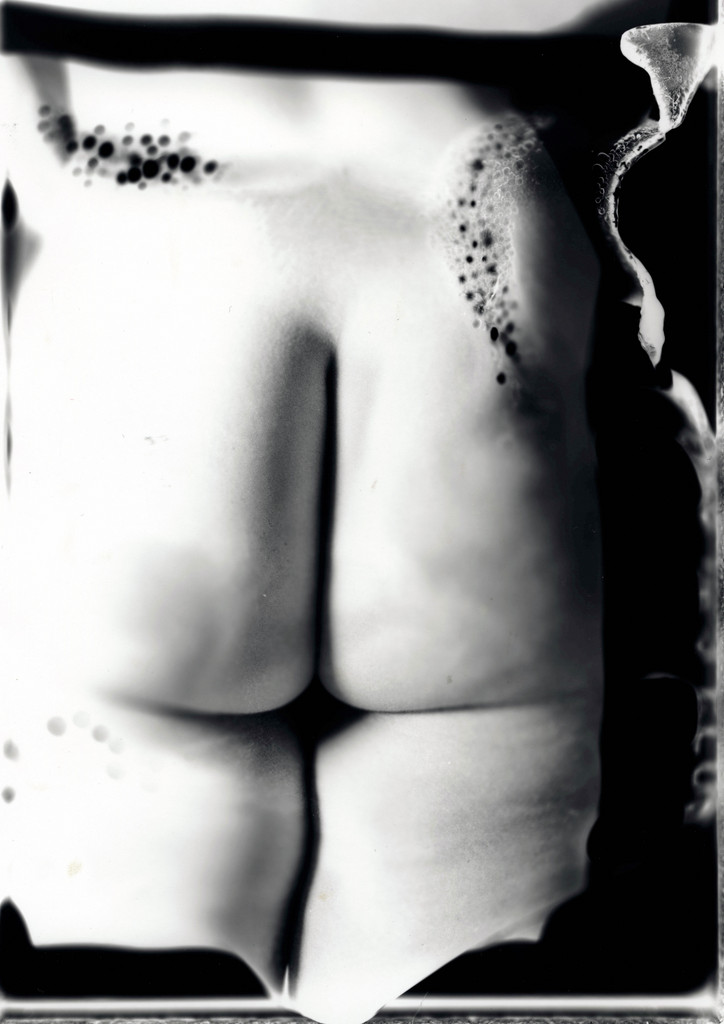
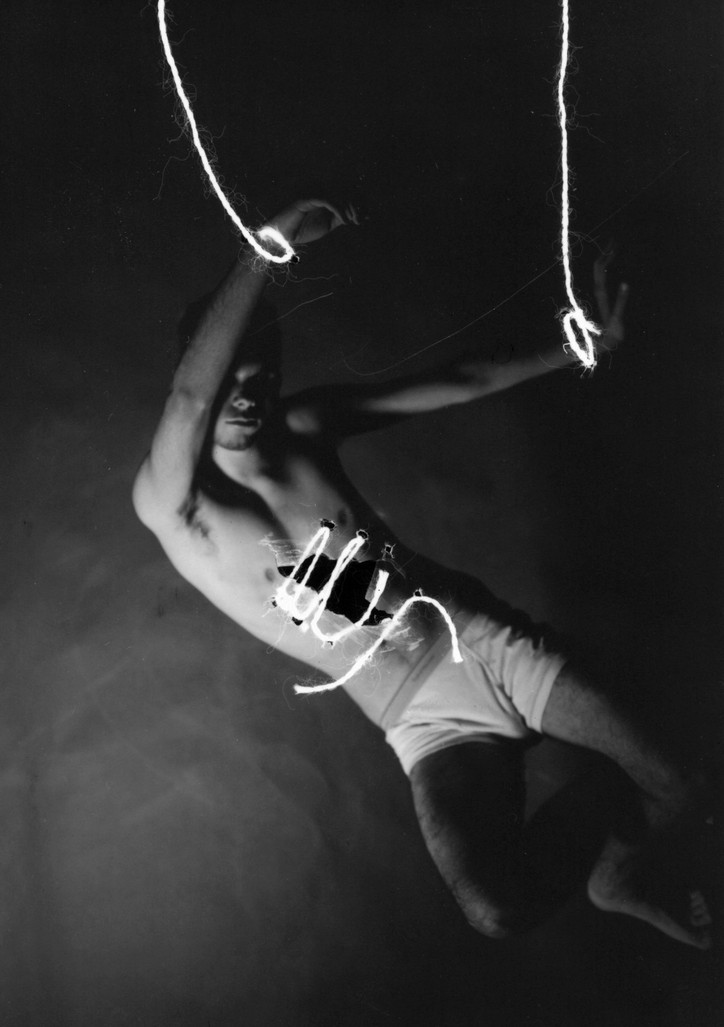
Memento mori?
In Ancient Rome slaves would whisper memento mori in the ears of successful generals riding back into town, which means to remember you are a mortal man, like the rest of us, and that you, too, will die. Its not only a humbling moment, but its a moment that connects me with the earth, one that I believe in spiritually. It reminds me to remain humble because I’m not larger than life, and one that also reminds me to go out and live my life. If you want to do something, fucking do it, because remember you will die.
What’s your biggest regret in life?
My biggest regret is every moment of insecurity that I’ve ever had, and every time those insecurities have stopped me from doing something. My active choices and those made with confidence and intuition aren’t ones I regret even if they do go awry. That’s the type of thing that I can look at and say “life’s not fair.” But when I hold myself back because of my own mind, I regret that, and it’s still something I work on every day.
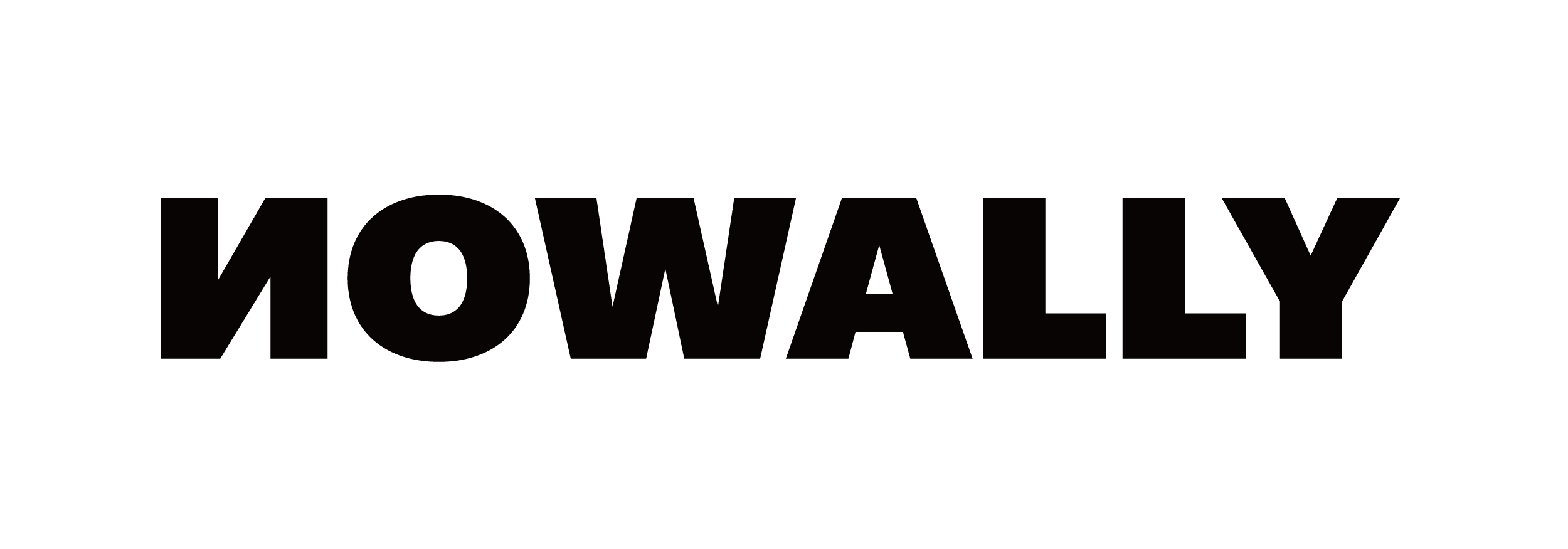

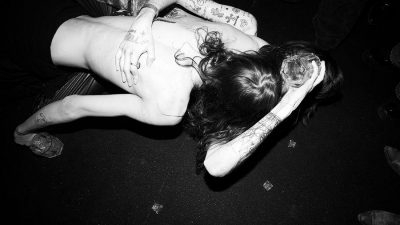
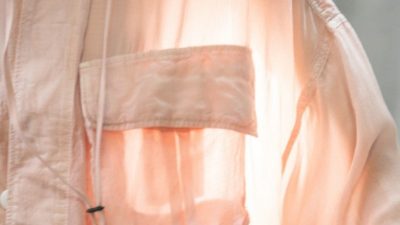
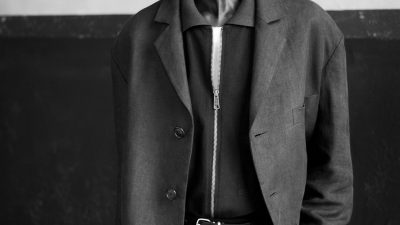

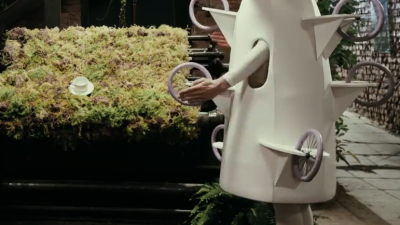
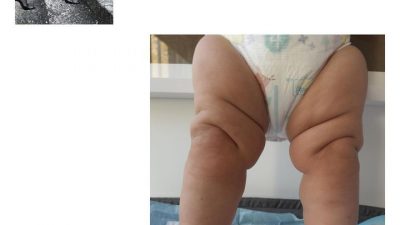
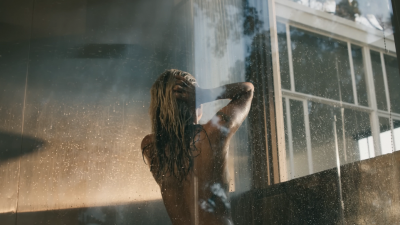
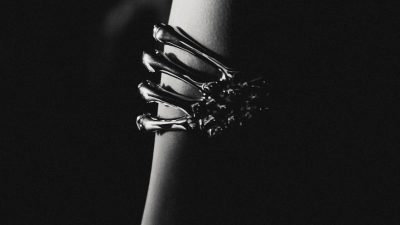
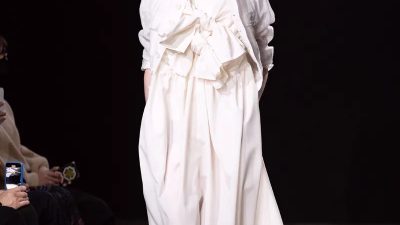

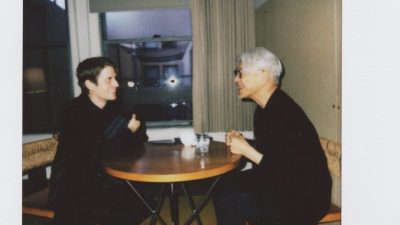


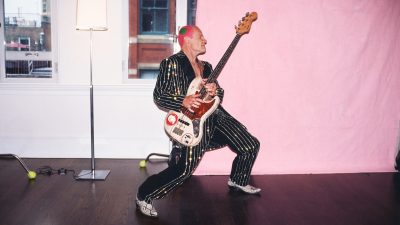
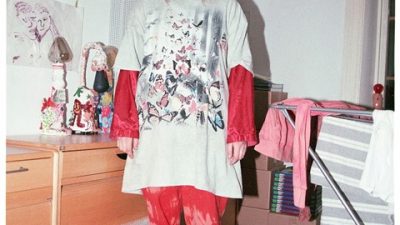
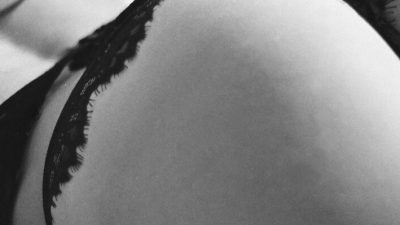
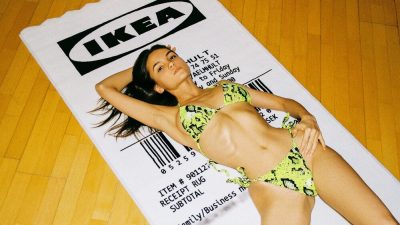
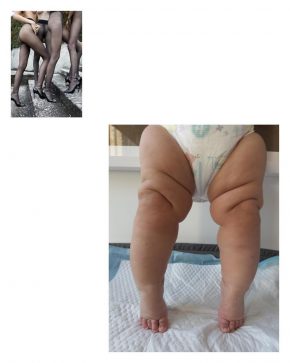
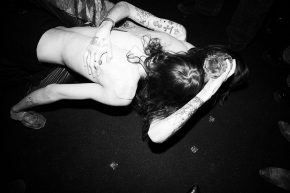
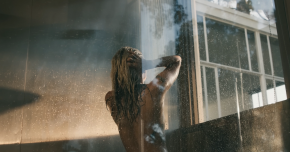
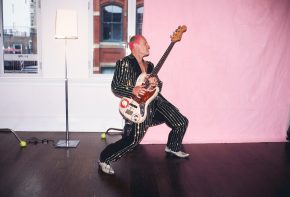
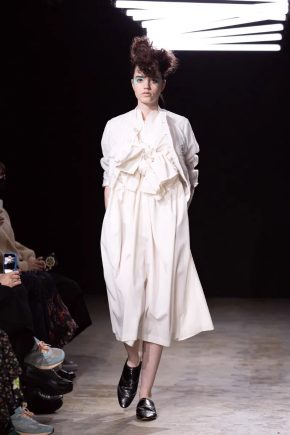

Comments